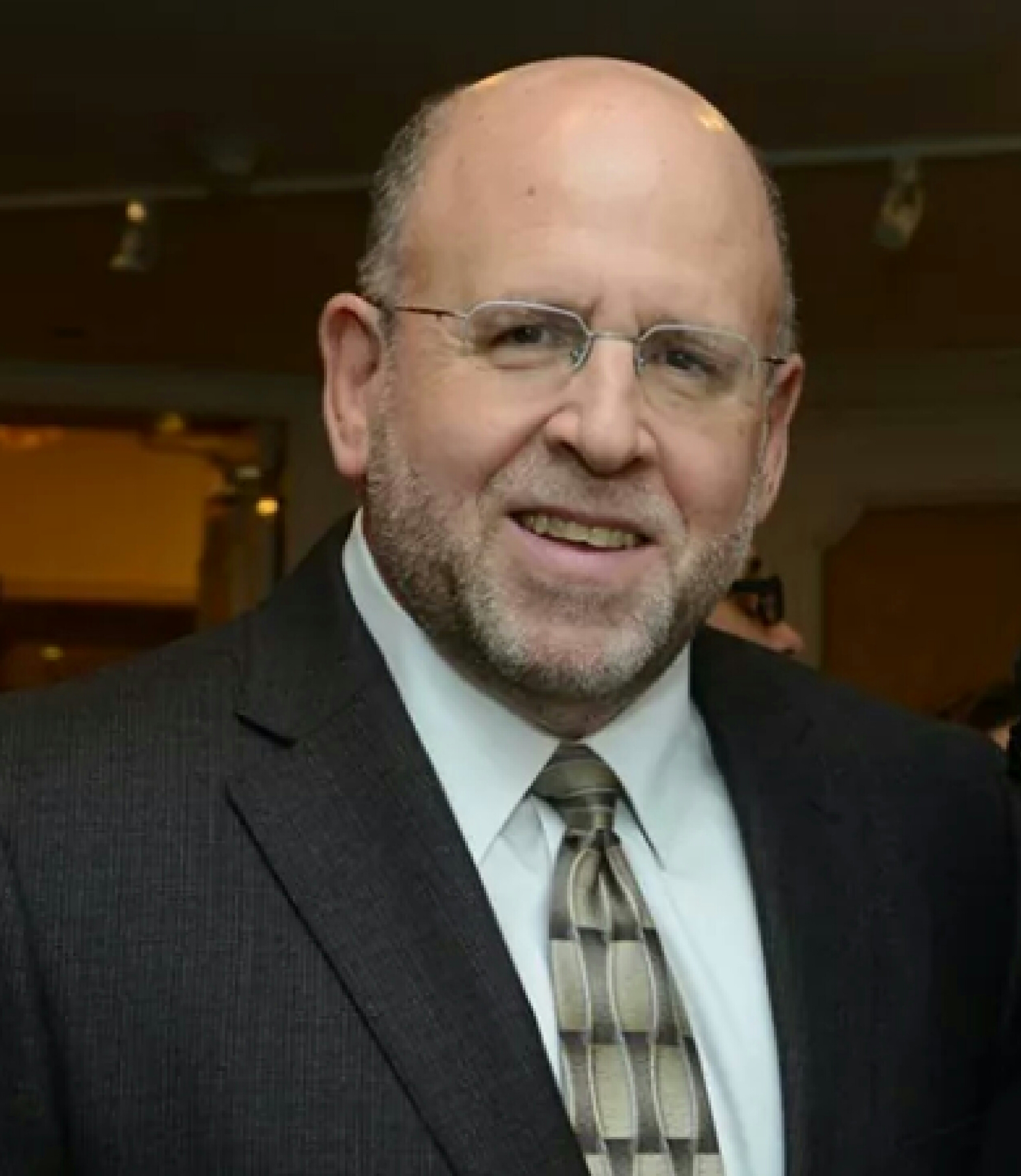By Andrew Malekoff
I was pleased to represent North Shore Child & Family Guidance Center as part of a significant advocacy effort, along with a broad array of mental health and substance use providers and consumers across New York State, that led to the December 2018 enactment of the Mental Health and Substance Use Disorder Parity Report Act.
The new law will require commercial health insurers to submit key information to the state Department of Financial Services for analysis and evaluation of compliance with federal and state parity laws. The intent of this provision of the new law is to advance the need for greater accountability and transparency.
Until now, existing parity laws – which demand that coverage and treatment for mental health and substance use disorders are on par with the coverage and treatment of physical illnesses – have been widely ignored, putting lives at risk. The failure to enforce parity laws was made clear in January 2018, when the Guidance Center released Project Access, a Long Island-wide study on the difficulty or ease in which families were able to access healthcare for mental illness and addiction. You can access the full report on the center’s website, www.northshorechildguidance.org; click on the Project Access tab.
This new legislation, which was passed one year after the release of Project Access, is a shared success and would not have been possible without strong grassroots support that included the generation of an enormous volume of letters, calls and social media posts from advocates.
The challenge ahead will be to hold the DFS accountable, ensuring that they are taking adequate steps to verify the data and information that will be provided to them by health insurers.
Verification is essential to determining, for example, if the networks of providers on a health insurer’s plan are in fact real, as opposed to deceased, retired or no longer accepting insurance. They must also verify and report when waiting lists of valid providers are so long that access is delayed beyond a reasonable time with respect to the urgency of the need. Before a recent client of ours found the Guidance Center, she told us a provider that was part of a large hospital system told her that the wait for an appointment for her teen was six months – and this was a girl in urgent need of care. I’m proud that at the Guidance Center we see emergency cases within 24 to 48 hours, and no one is turned away for inability to pay.
One reason for the paucity of mental health and drug treatment providers is the substandard rates of reimbursement that health insurers pay such providers, as compared to what they pay physical health care providers. This must be exposed and corrected if found to be the case when access to care is denied.
In addition to this promising advancement in New York state, this past April a federal court in the Northern District of California found that the giant health insurer United Behavioral Health had been using flawed criteria, contrary to generally accepted standards, to determine medical necessity for the care and treatment of patients with mental health and substance use disorders.
This decision fires a powerful warning shot at all insurance carriers who cut corners in determining medical necessity without regard for quality of care, and whose sole aim is enriching themselves at the expense of their beneficiaries living with mental health and substance use disorders.
Now, according to leading mental health advocate and former Congressman Patrick Kennedy, a federal court is making it clear that there will be consequences for disregarding established standards of quality care in favor of a financial bottom line.
We are making progress.



